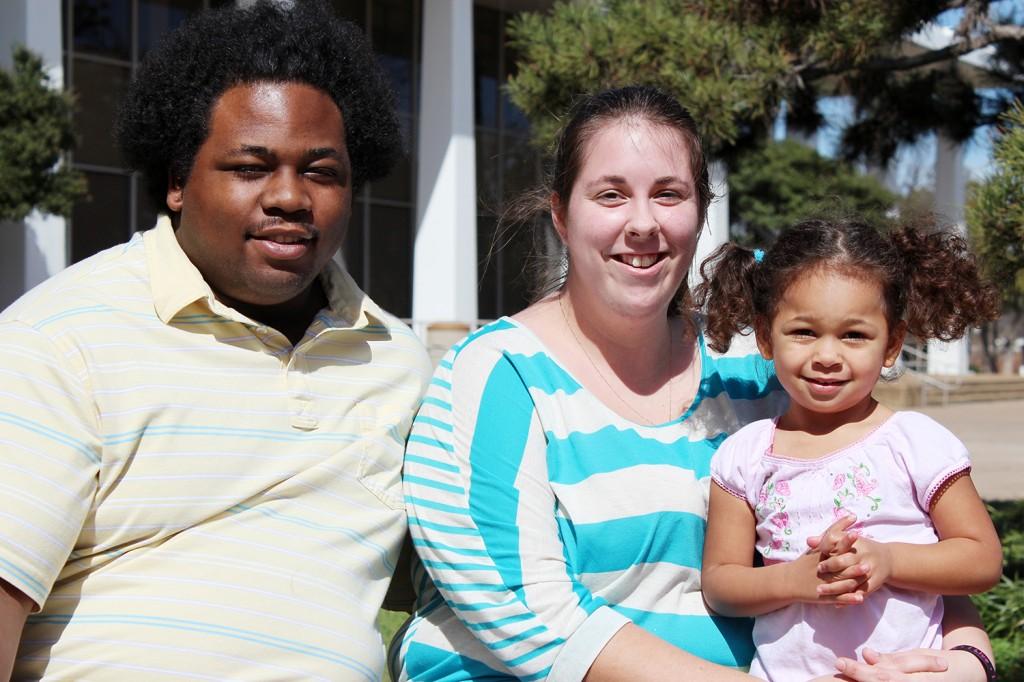By Ben Heath/reporter
In the past year, social media giant Facebook has seen a slight drop in activity from its once primary demographic, teenagers, all because of the simple fact that it’s no longer cool.
In a 2013 survey produced by the Pew Center for Internet and American Life, users between the ages of 18 and 29 have dropped 3 percent and dropped 8 percent in total.
“I think Facebook has just been around for too long,” said NW Campus student Josh Williams. “It’s not the same as when I first joined.”
This year, Facebook turned 10. In an expanding tech world, a decade is an eternity, especially for a social media site.
Age also brings another challenge to the table, competition. As Facebook became more popular over the years, former Facebook loyalists have now turned to more one-dimensional media outlets such as Instagram or Twitter. Twitter, which allows its members to read and share only 140 characters of information at the touch of a button, is like a Facebook status update for the impatient.
“I like Twitter more ’cause it’s not as cluttered,” said online TCC student Joseph Lancaster. “I’d take an app that was really good at one thing, like Twitter, over one that’s mediocre at everything.”
The rise in these smaller applications is also a product of the rise in media mobility. In research done by polling company SuperMonitor, 91 percent of people on earth have a cellphone, and 50 percent of them use it as their primary Internet source.
Newer media outlets were created specifically for the mobile user. This caused Facebook to play catch-up for 50 percent of its possible business.
“The [Facebook] app always had problems,” Lancaster said. “Why waste my time when Twitter was perfect on my phone?”
For students like NE Campus’ Chris Smith, Facebook was useless the day he received a friend request from his mom.
“I have way too many posts and pictures that, let’s just say, my mom doesn’t need to see,” Smith said.
What better way for parents to keep an eye on their teens than to go online and get minute-by-minute updates on them? This watchdog mentality some parents bring to the site is causing students to seek out other media to post thoughts or actions where they can’t be reprimanded.
Even when students don’t mind being monitored, the presence alone of some of the site’s older members is enough to drive them away.
“It’s hard to describe, but there’s something about seeing my grandma’s status update that just makes me want to log off,” Lancaster said. “It feels weird.”




























